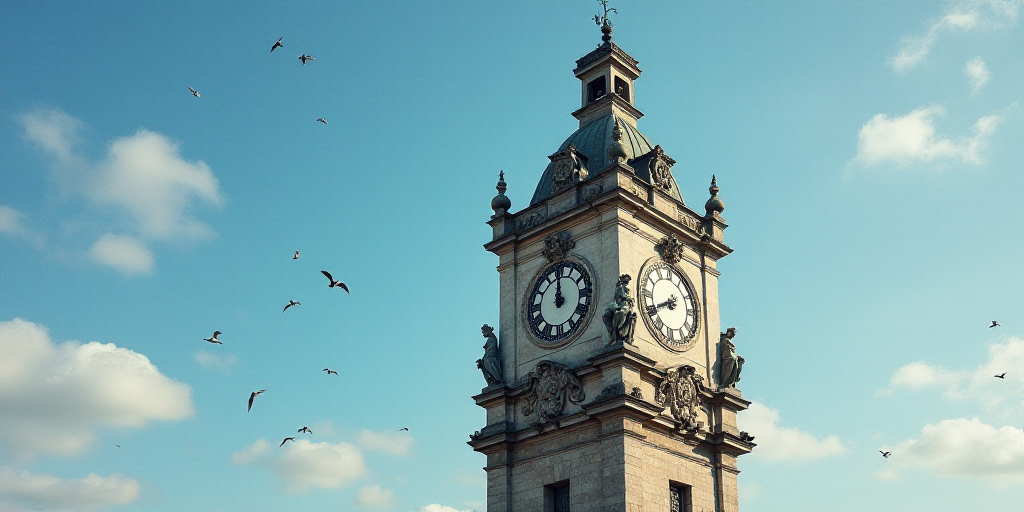Introduction to the Conclave and its Significance
The Vatican has installed the chimney that will signal to the world when cardinals have elected the successor to Pope Francis. Starting next week, 133 cardinals will cast their votes in secret within the famed walls of the Sistine Chapel.
Who are these Cardinals?
These “princes of the Church” represent a diverse group, with 80% created by Pope Francis himself. Many come from regions previously overlooked by the Catholic Church, known as the “peripheries of the world.” Their unique perspectives will shape the future of this 2,000-year-old institution.
The Voting Process and Chimney’s Role
During the conclave, cardinals will hold four daily voting sessions: two in the morning and two in the afternoon, except for the first day. After each vote, they will burn ballot papers along with chemical substances in one of two stoves connected to the same chimney.
- Black smoke: Indicates that the cardinals have not reached the required two-thirds majority.
- White smoke: Signals that a new pope has been chosen, with the iconic phrase “Habemus papam” (We have a pope) announced to the world.
The chimney, located on the roof of the magnificent Sistine Chapel, will be closely watched by millions worldwide, eagerly awaiting the historic announcement.
Preparations and Current Events
The chimney installation was carried out by a team of Vatican firefighters, who ascended the chapel’s roof to secure it. This event coincided with the resumption of general congregations, where around 200 cardinals gather to discuss the future priorities of this ancient institution.
During these meetings, topics such as spreading Catholic faith, fostering unity, and addressing issues like sexual abuse and financial scandals have been emphasized. Only four cardinals remain to arrive in Rome, including Antonio Cañizares from Spain and John Njue from Kenya.
“No Francisco II,” Says Vatican Expert
The conclave, originating from medieval times, is a unique process for selecting a spiritual leader. Deliberations are kept strictly secret, with severe consequences for those who breach this confidentiality.
- Mobile phones and internet access are prohibited.
- Cardinals cannot read newspapers, listen to the radio, or watch television.
- Any contact with the outside world is strictly forbidden.
Cardinal Gregorio Rosa Chávez from El Salvador expressed the need for a “totally coherent” leader, acknowledging that such individuals are rare. However, Vatican expert Marco Politi remains skeptical about the upcoming election.
“This conclave is the first in 50 years marked by a strong sense of division within the Church,” Politi explained. “I anticipate a choice between a pope who will slowly advance or one who will swiftly steer the Church forward.”
Key Questions and Answers
- Who are the cardinals voting for the new pope? 133 cardinals under the age of 80 are eligible to vote.
- How will the voting process work? Cardinals will vote up to four times a day, and the results will be signaled by smoke color coming from the chimney.
- What happens if they don’t reach a decision? If no candidate secures the required two-thirds majority, the cardinals will continue voting until a new pope is elected.
- What is the significance of this conclave? This conclave is crucial as it will determine the future direction of the Catholic Church, especially considering the internal divisions highlighted by experts.






